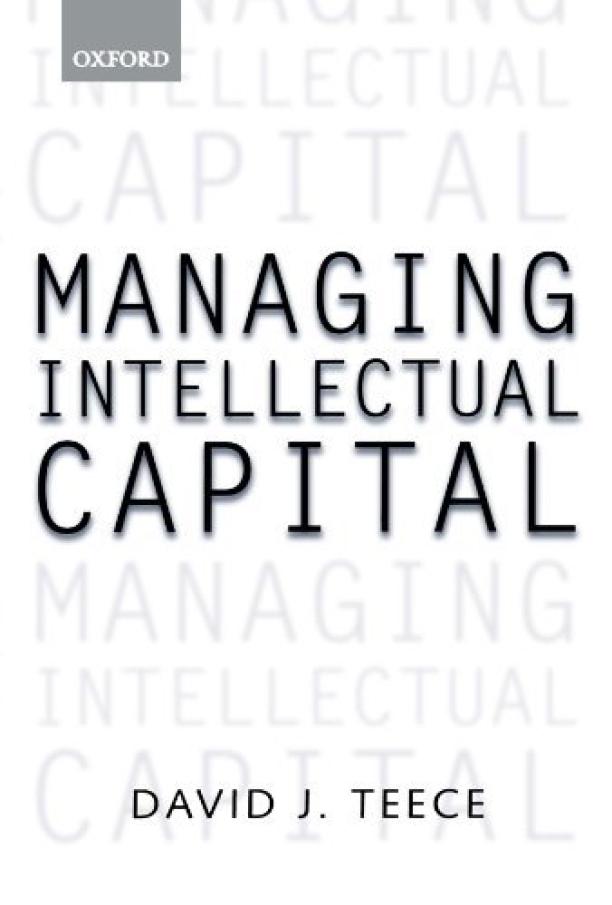Summary:
The book explores the concept of intellectual capital and its critical role in creating and sustaining competitive advantage for organizations. It delves into strategies for managing knowledge assets, the implications for corporate and national policy, and the challenges of aligning organizational structure and strategy with the exploitation of intangible assets.
Key points:
1. Intellectual Capital as a Key Asset: Teece highlights how crucial intellectual capital (IC)—like patents and know-how—is for companies to stay competitive. Effectively managing IC leads to innovation and market adaptability.
Books similar to "Managing Intellectual Capital":
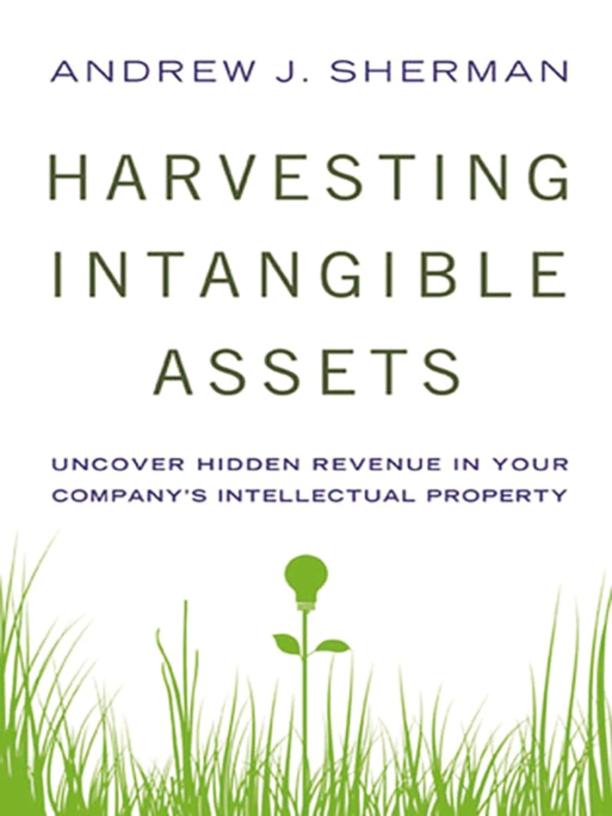
Harvesting Intangible Assets
Andrew J. Sherman
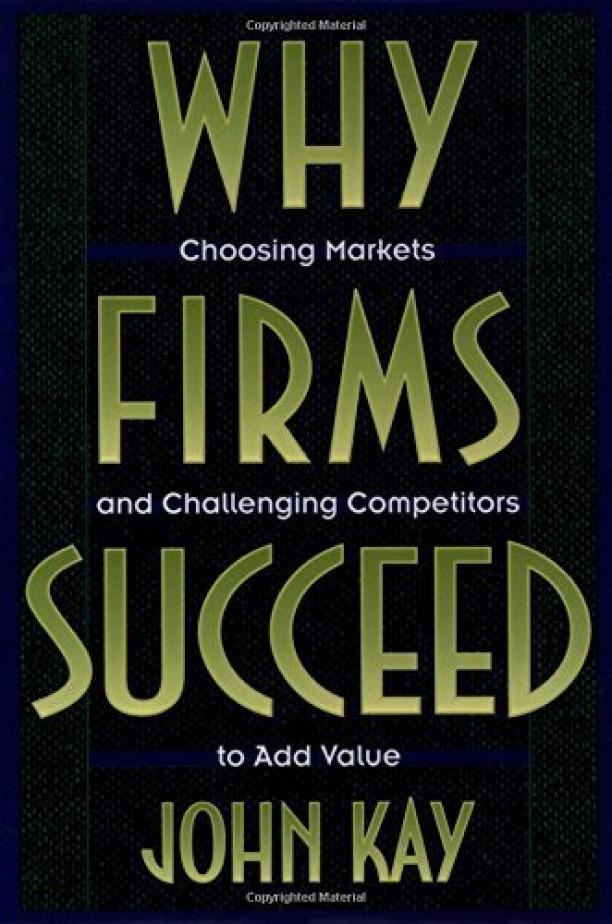
Why Firms Succeed
John Kay
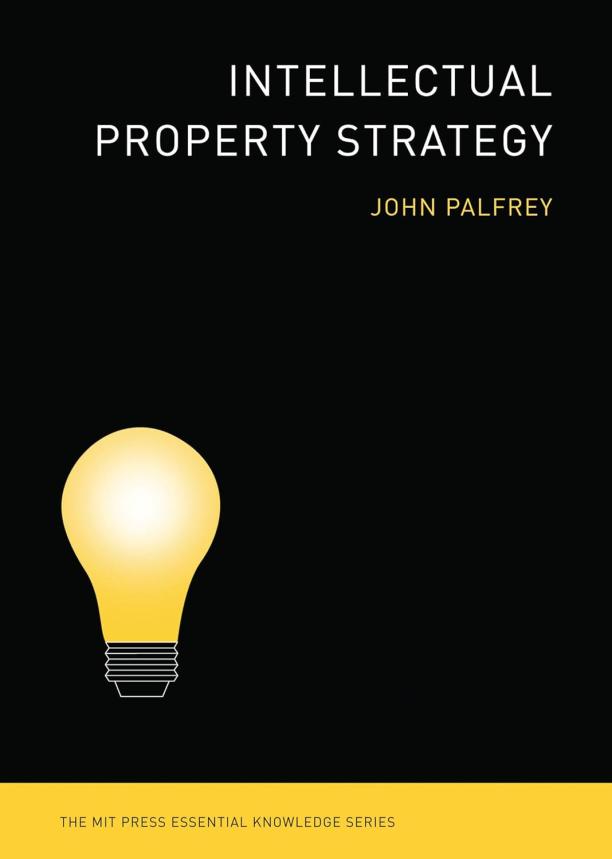
Intellectual Property Strategy
John Palfrey
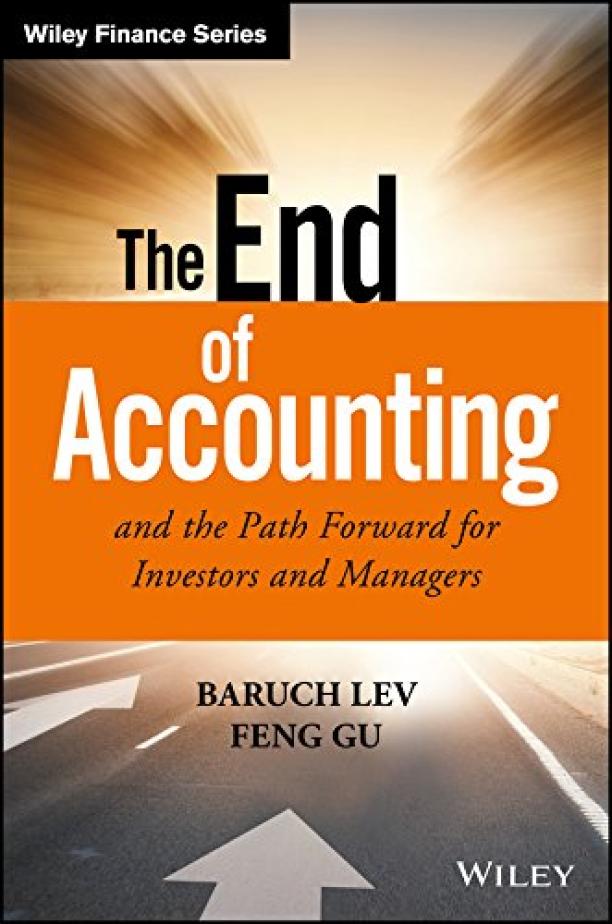
The End of Accounting and the Path Forward for Investors and Managers
Baruch Lev|Feng Gu
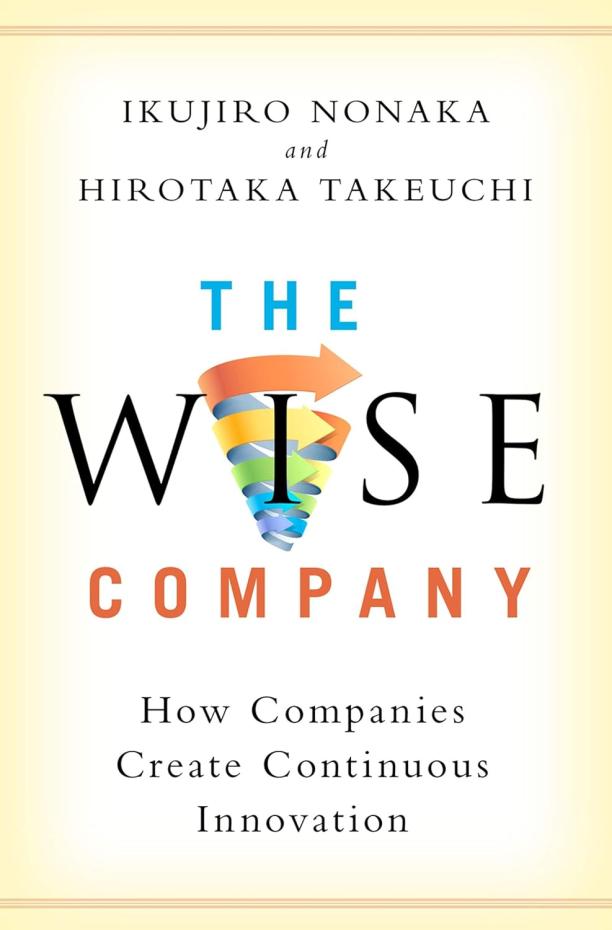
The Wise Company
Ikujiro Nonaka|Hirotaka Takeuchi
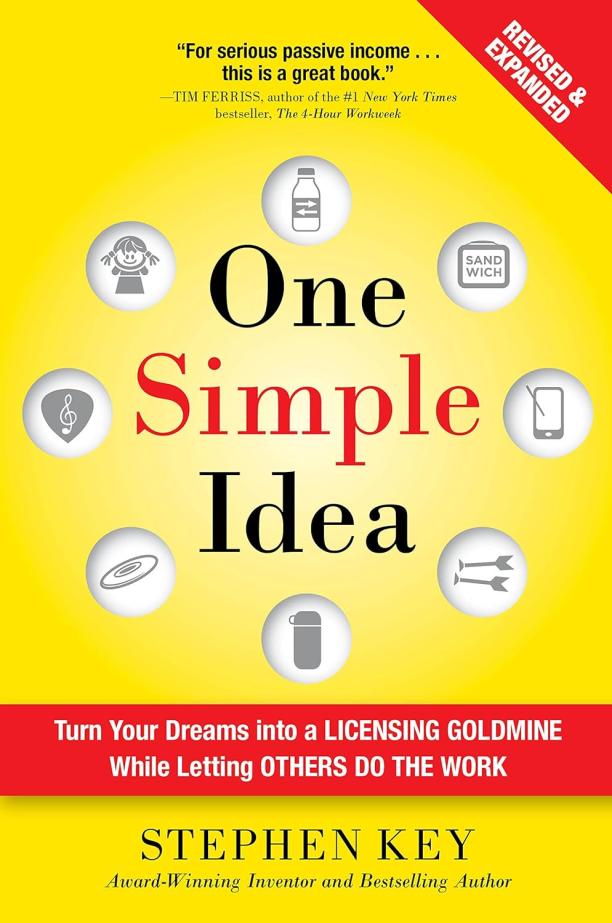
One Simple Idea
Stephen Key

HBR's 10 Must Reads Boxed Set
Harvard Business Review|Peter F. Drucker|Clayton M. Christensen|Daniel Goleman|Michael E. Porter
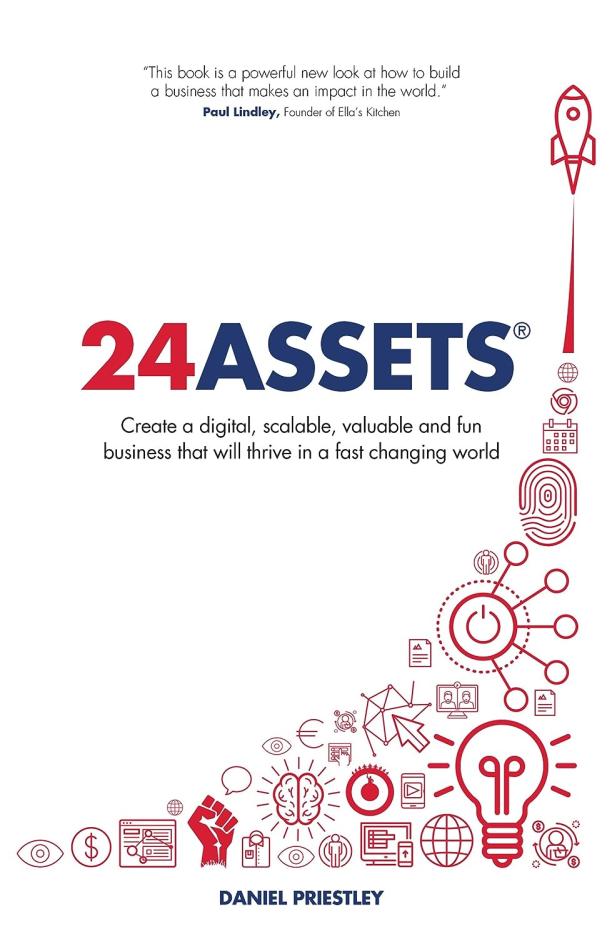
24 Assets
Daniel Priestley
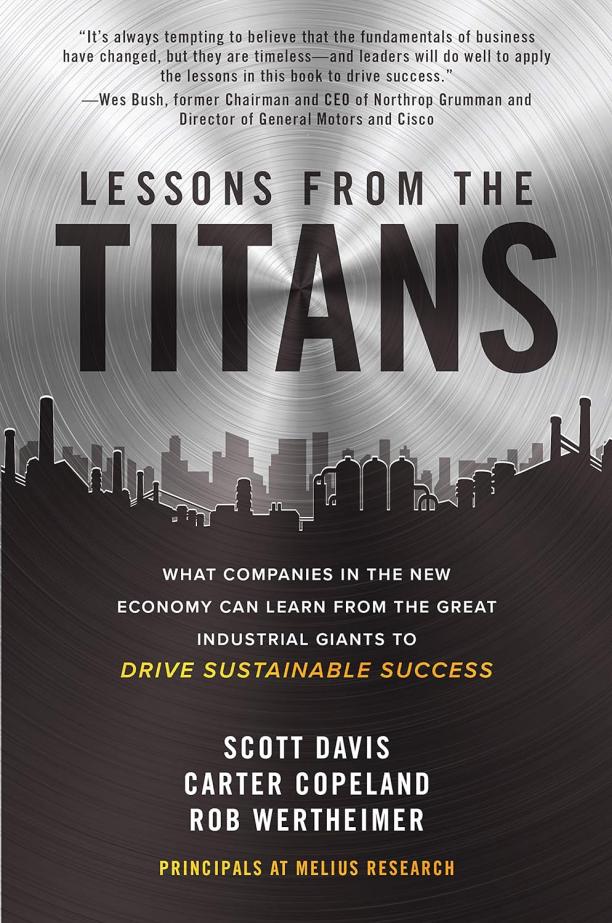
Lessons from the Titans
Scott Davis|Carter Copeland|Rob Wertheimer
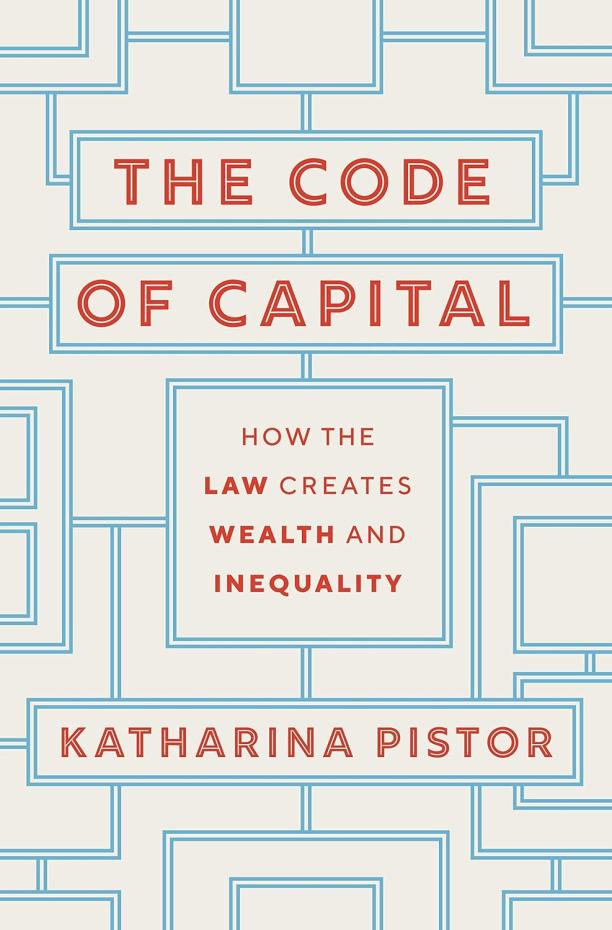
The Code of Capital
Katharina Pistor
